Should I be taking vitamins and supplements?
Sep 22, 2024
If you follow a healthy "food as medicine" diet, you can get virtually all of the vitamins and minerals you need from food.
The scientific data shows us that multivitamins do not lower the risk of cancer, heart disease, cognitive decline or early death. Furthermore, there are some vitamins that are actually harmful in higher doses, such as those that are fat-soluble, vitamins A, D, E and K.
I think there is a tendency to believe that pills are a better and more powerful prescription for prevention of chronic illness when in fact it is actually our fundamental nutrition that has been scientifically proven to have the most impressive and longstanding health benefits.
Specifically, limiting and avoiding excess sodium, sugar, saturated and trans fats as well as maintaining a healthy weight have all been shown to have positive health outcomes. In addition, positive dietary prescriptions such as incorporating beans and legumes, omega-3 fatty acid rich foods and whole grains into one’s diet have been linked to chronic disease prevention.
There are a few exceptions where supplementation should be considered and recommended, such as folic acid supplementation for women of child-bearing age to prevent neural tube defects in babies. In addition, it is difficult to have healthy vitamin D levels if you are relying on your diet, particularly if you live in parts of the world where sun is scarce or limited during colder months. That’s why I recommend having your level checked and supplementing if needed to get your levels to where they need to be. Calcium is another mineral that is difficult to obtain adequate amounts of from your diet alone, particularly for post-menopausal females and those with a diagnosis of osteopenia or osteoporosis. I recommend speaking with your healthcare provider to learn what your daily requirement is and if it is beneficial for you to take additional supplementation. And finally, iron deficiency is common particularly among vegans, vegetarians and menstruating females. It’s a good idea to have your iron levels, including ferritin, checked to ensure they are within normal limits and that you do not require additional supplementation.
My patients and clients will often ask me for my personal tips for ensuring I am obtaining the necessary vitamins and minerals from my diet so I wanted to share them with you:
- Make sure to eat a wide variety of fruits and vegetables at every meal and for snacks.
- Aim for a high-quality protein with every meal and make sure to exercise balance here. I alternate between beans and legumes, eggs, poultry, fish and shellfish, tofu and tempeh, dairy and limit my intake of red meat and pork, which is a red meat equivalent.
- Incorporate incredible whole grains into your diet such as bulgur, farro, quinoa and oats on a regular basis.
- Sprinkle in those good-for-you fats. Nuts, seeds, avocados, ground flaxseed and chia seeds are some examples of superfood fats that can really amp up the nutritional value of your meal/snack.
- Be mindful of your calcium intake (especially key for all of the perimenopausal and menopausal females out there!), making a point to have organic yogurt, cottage cheese and milk regularly. I also couple this with non-dairy sources of calcium like chia seeds, tofu, sunflower seeds, edamame, sweet potatoes, broccoli rabe, broccoli, kale and okra. This is so important for bone health and osteopenia/osteoporosis prevention.


